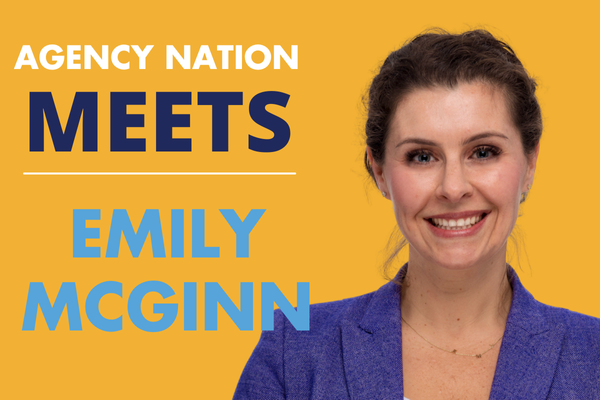How Agent Feedback Builds the Technology Your Agency Relies On

By: Moe Latif
Thirty percent of agencies reported that they’re adding new technology in response to the hard market, according to a recent Vertafore study. As technology continues to advance in agencies across the country, feedback from insurance professionals on the products they use daily has become more important than ever.
When independent agents give product feedback to their technology partners, they’re not just solving the problem that’s in front of them; they’re contributing to the product’s long-term strategy. Whether it’s related to the user experience, workflows, or on the backend connecting to the agency’s data, even small tweaks can make all the difference.
To effectively partner with technology providers, it’s helpful to understand the different types of feedback agents can provide, the mediums to provide feedback and some of the ways vendors decide when and how to implement it.
Feedback can be organized into these three categories:
1) Product development. This results from users bringing ideas and requests for changes to their existing solutions. These suggestions—such as enhancing product functionality or streamlining workflows—are incredibly valuable. They come from people who are in the product day in and day out and based on real-world usage.
2) Fixes. When something isn’t working as it should, such as lags, bugs and integration issues, frequent and specific feedback from agents creates opportunities for InsurTech companies to catch small problems before they turn into larger challenges.
3) Visionary feedback. This occurs when agents work together with technology partners to envision new types of products or services. Ideating on big changes requires a strong relationship and open conversations about what is and what can be.
Leveraging all three types of feedback not only enhances product development but deepens the collaboration between agents and their technology partners, setting the foundation for shared success.
How should agents connect with their technology partners? A strong partnership will have feedback flowing in and out of multiple channels. A customer ideas portal, conversations with your account manager, or connecting with customer support keeps the communication line open.
Face-to-face conversations are equally important. Industry conferences bring the community together and are a convenient way to connect in person with multiple partners. User groups are also an essential way that InsurTech companies gather feedback. These groups may be run by a larger user organization or by the technology provider themselves.
Once agents provide feedback, the next step is implementation. Vendors can’t act on every idea that comes their way—nor should they. A software provider has a key role to listen to all feedback, from the loudest to the softest of voices but prioritization allows InsurTech companies to implement feedback that affects the highest number of people. This process can be boiled down to three main questions: How many users will the change impact? What resources and time are necessary to implement these changes? And does this feedback align with the product’s roadmap?
Technology partners can then decide which projects should get resources and what can be set for a later time. Once changes are complete, additional feedback is gathered to understand if the changes meet customer expectations and solve the identified issues. This creates a continuous feedback loop, ensuring that the product evolves in line with customer needs and market trends.
Insurance is an industry built on trust. Agents excel in building trust with their clients, ensuring that they can protect what matters most, get fair and reliable coverage, and lend a hand during difficult times.
Building this same level of trust with vendors encourages ongoing collaboration and enhances the products that agents rely on. Connect with your vendors frequently through community or resource groups, industry conferences, or by picking up the phone and chatting with your account manager. Share problems big and small, as well as ideas for new products or functionalities.
Ultimately, independent agents know their industry best. Through thoughtful feedback, you not only enhance your operations, but also contribute to the evolution of the industry.
Moe Latif is the vice president of product management at Vertafore and a co-founder of AgencyZoom.










